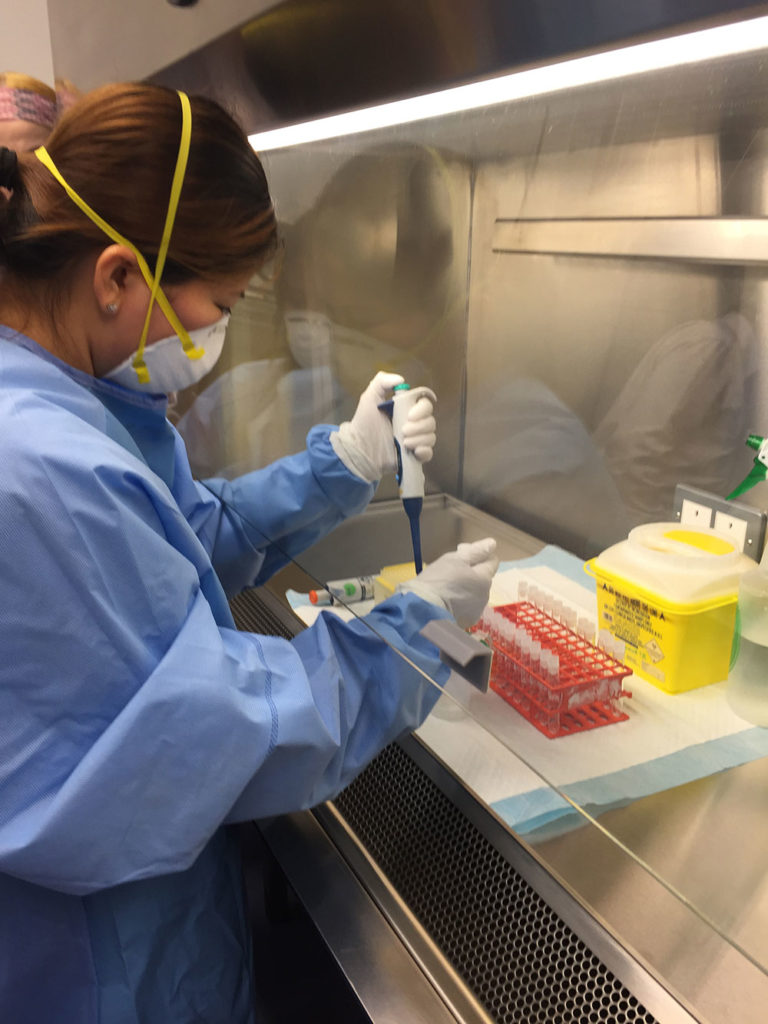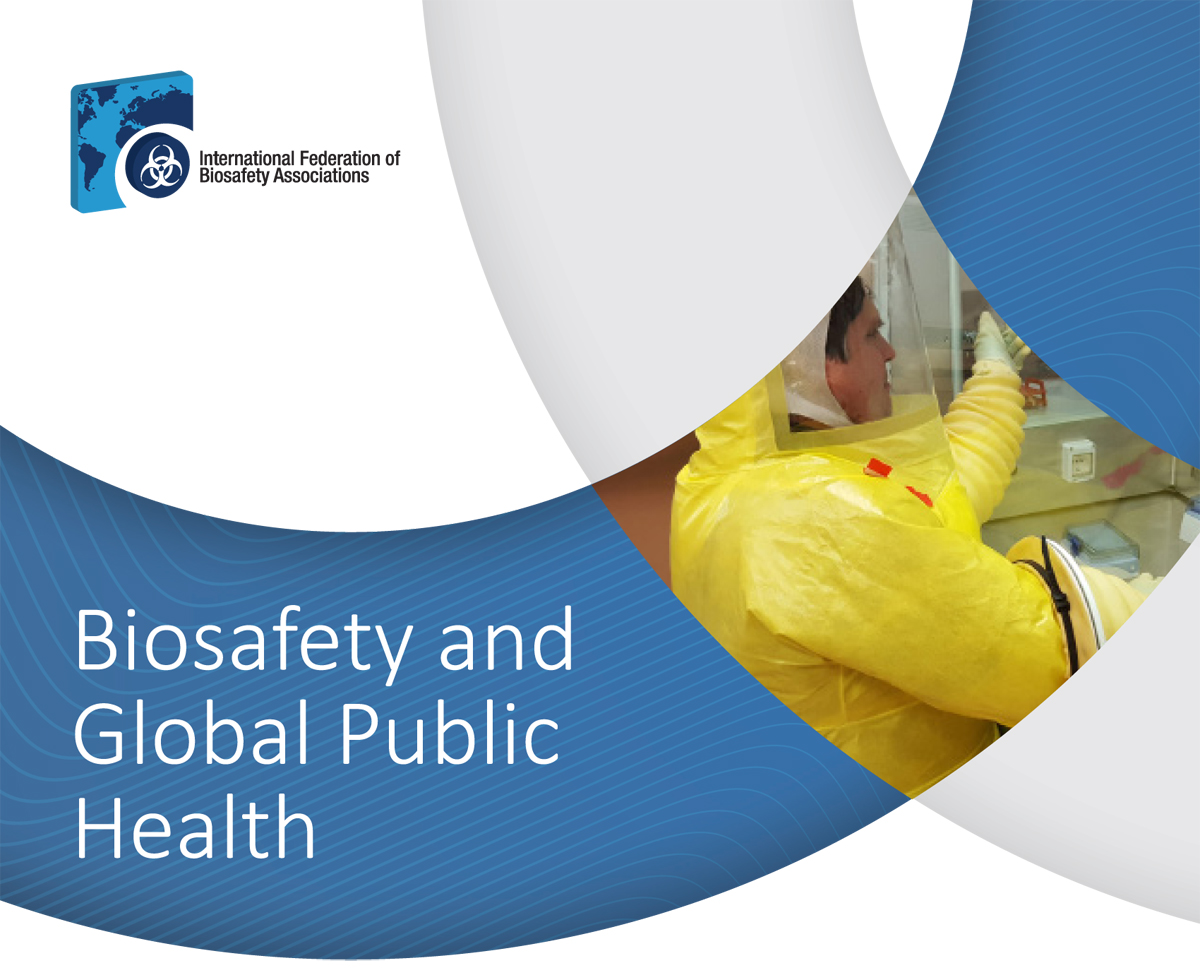Biosafety and Public Health
Biosafety and biosecurity are fundamental elements of effective laboratory services and public health systems in the global fight against infectious diseases. Despite this central role, many laboratories still lack effective biosafety practices, equipment and infrastructure to conduct diagnostic and surveillance activities in a safe and secure manner. These circumstances not only present a risk to laboratory-acquired infections among healthcare workers, but also present a risk of release of infectious agents back into the surrounding community and environment preventing efforts to contain and control infectious diseases.
To address these concerns, the IFBA and its Members are assisting national authorities to integrate biosafety into national policies and programs, to improve sustainable laboratory infrastructure and equipment, and to increase biorisk management skills and competencies among those working with infectious diseases. Our locally driven approaches are based on each country’s needs, are practical, cost-effective and sustainable over the long term. National biosafety programs include the “whole of government” (e.g. human, animal, and security) and are anchored in key international instruments, treaties, standards and guidelines that control and inform the management of biologicals risks. We take a “cradle to grave” approach to lower the risk of exposure at all stages in the healthcare system where biological agents may present a risk to workers (e.g. sample collection in the field, transport, laboratory, hospital, and disposal).



